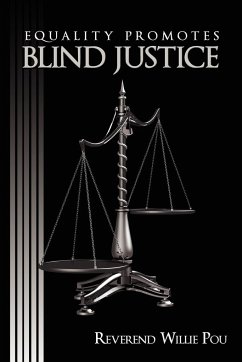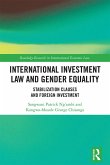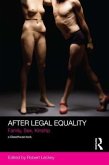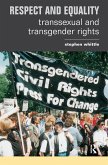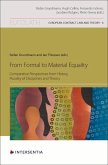Reverend Willie Pou has observed many cases of social injustice in American society for many years, which he believes from a moral perspective, are unfair. There are two cases he is profoundly interested in at this time. In his words they are both deeply and morally troubling to him. He further believes; that they should be brought to the attention of other like-minded Americans. As for the moral issues surrounding these two cases that have aroused Reverend Pou's interest this time; the first case is about the medical doctor from New Orleans, Louisiana who used morphine to overdose four elderly patents, but was found not guilty by a jury of her peers. The second case is about a young African-American who was a National Football League (NFL) superstar from Atlanta, Georgia who bet on dog fights and was found guilty by a single Judge, not of his peer group; and then sent to jail for inhumane treatment of dogs. It is a known fact that the doctor's actions ended the lives of four elderly patients under her care, during the storm of Hurricane Katrina through a process identified as euthanasia. However, in contrast the football player was accused of destroying dogs that were injured after the dogs lost a dog fight. The justice system in these two cases appears to have used a legal discretionary right to discriminate against the one who was charged with what appears to be the lesser crime. The courts demonstrated this unspoken discretion in these two cases and in separate municipalities and courts with different Judges. The medical doctor in the Louisiana case was adjudicated in a Louisiana courtroom and not indicted for allegedly having overdosed four patients on morphine; causing the deaths of all four. The NFL superstar on the other hand was accused of "cruel and inhumane" treatment towards dogs; for his crimes he was prosecuted and sentenced to prison for allowing his dogs to fight each other for profit. This book is a fascinating read about the legal discretionary right to discriminate and how two similar situations coming before the legal system are processed completely differently. One dealing with the cruelty to human life, and another with the ill treatment of animals; where the legal system appears to place a higher value on the life of animals than the value of human life. The author highlights the differences in how the legal system allows the courts' judges to place different values on the punishment it levies for similar cases. The author has chosen these two very distinct cases to contrast the differences in how justice is applied in the legal system. Reverend Pou desires you the reader to understand the background of each of the accused and their alleged crimes. He wants you to imagine that the NFL superstar was a white male member of the dominant culture within the highest status class and decide for yourself if the punishments fit the crimes. The author sets the stage for a debate about morality and the integrity of the American justice system; a debate never before experienced out in the open where other morally concerned Americans can participate. The author tells about each character's crime and the events leading up to their misbehavior. He contrasts two lives and expresses his opinion about how unfair the justice system is for a member of a status cast group without society's automatic support for legal representation! Carrie Johnson Editor/Coordinator
Hinweis: Dieser Artikel kann nur an eine deutsche Lieferadresse ausgeliefert werden.
Hinweis: Dieser Artikel kann nur an eine deutsche Lieferadresse ausgeliefert werden.

